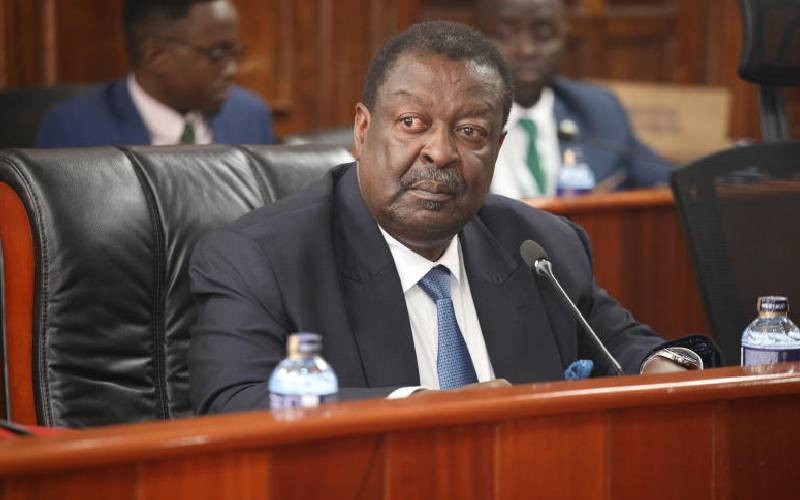×
The Standard e-Paper
Fearless, Trusted News

The government has launched a fresh corruption audit across all ministries and departments to unlock stalled billions of shillings from the International Monetary Fund (IMF).
Prime Cabinet Secretary Musalia Mudavadi confirmed the launch of the probe on Monday, revealing that the government has formally engaged the IMF to conduct a comprehensive governance and corruption diagnosis.